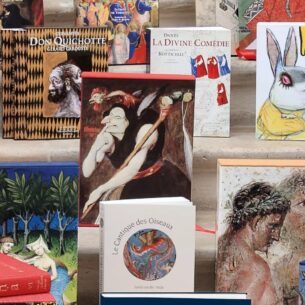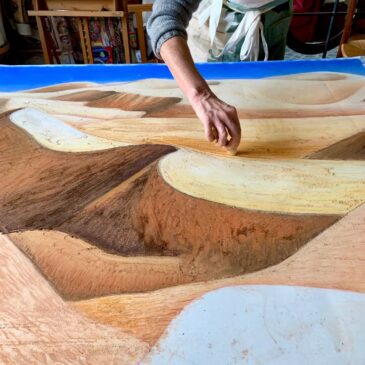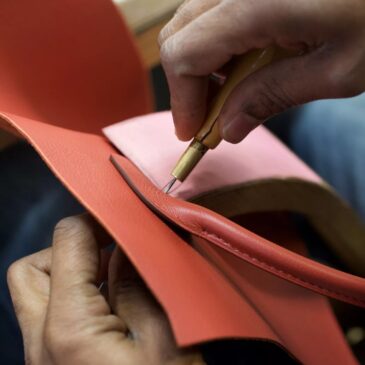Publishing
Performed for many years by printers or booksellers, publishing as a métier started with the Encyclopédie by Diderot and d’Alembert. It then truly developed in the 19th century.

Publishing under censorship
The invention of the printing press by Gutenberg in the 15th century paved the way for the first printed books which were made to order and circulated, initially, in a form similar to manuscripts. Books were first and foremost religious, but also literary, with the publication of works by Montaigne, Rabelais, Ronsard, and Du Bellay. In addition to the censorship imposed by the Church, there was also that of the royal family throughout the entire Ancien Régime.
Panckoucke, the archetype of the future publisher
It wasn’t until the late 18th century and early 19th century that the publishing sector in and of itself was born. The recognition of literary property by the law of 1793 created a specific legal regime in which authors could protect their works and thus make a living. The phenomenal success of Diderot and d’Alembert’s Encyclopédie also played a role in the emergence of the book market as we now know it. Charles-Joseph Panckoucke, the work’s publisher and seller, could be considered the pioneer of modern publishing: to find new readers, Panckoucke came up with the idea of reducing costs by making books smaller, having them printed abroad, and adjusting the quality of the paper. Something which had never been done before.
The 19th century: the “great century” of publishing
Higher literacy rates and technological innovations brought about a veritable revolution, causing a fall in book prices. Production thus increased considerably, doubling between 1840 and 1890. In the press, serialised novels, such as La Bête humaine (The Beast Within) by Émile Zola, were extraordinarily successful. The 19th century also saw the emergence of travel guides, the dictionary, legal handbooks, and, most importantly, school textbooks.
Publishing and consumption
It was also during the 19th century that the first train station bookshops opened and the great literary prizes were established. Publishers were now distinguished from printers and booksellers, becoming a link between the two and taking on a specific role: communicating with the author, making suggestions, turning their text into a book, and distributing it. Books became a consumer good, and publishing entered an era of industrialisation, which led it straight to the digital revolution.















